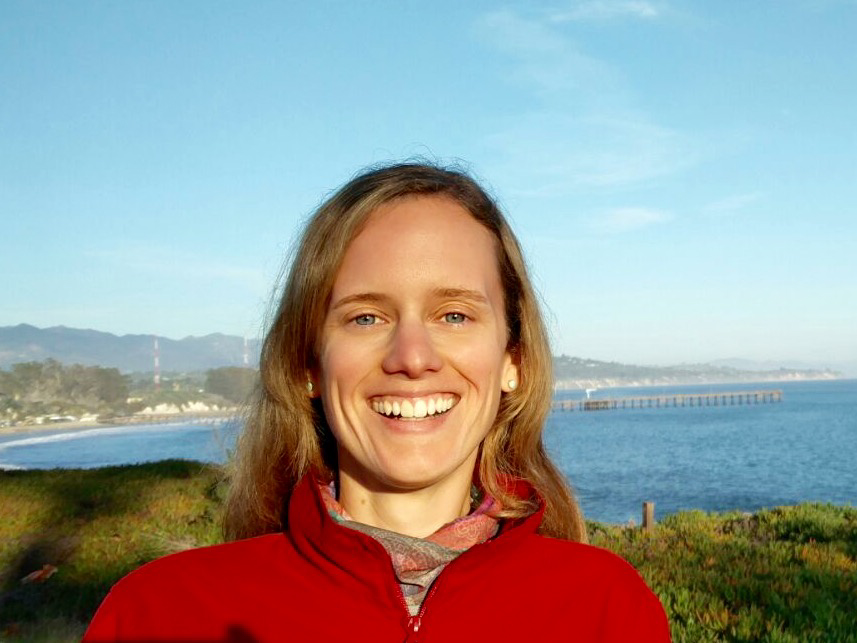Wildfire Smoke Impacts on Public Health in a Changing Climate

One of the core challenges of quantifying the vast public health impacts from wildfires is distinguishing the impacts of wildfire smoke from other sources of ambient air pollution. Dr. Rosana Aguilera's research is at the cutting-edge of untangling this public health question. I encourage anyone to attend this talk who is interested in using statistical methods to isolate a specific impact from a larger environmental disturbance.
—Laurel Abowd, Forest Sustainability Fellow, MESM 2022
FOREST SUSTAINABLITY FELLOWSHIP PROGRAM SPEAKER
Dr. Aguilera will be presenting remotely. Join at this link using passcode smoke, or view the remote talk in Bren Hall 1414.
ABSTRACT
Wildfires are becoming more frequent and destructive in a changing climate. Fine particulate matter, PM2.5, in wildfire smoke adversely impacts human health. Recent toxicological studies suggest that wildfire particulate matter may be more toxic than equal doses of ambient PM2.5. Air quality regulations however assume that the toxicity of PM2.5 does not vary across different sources of emission. Assessing whether PM2.5 from wildfires is more or less harmful than PM2.5 from other sources is a pressing public health concern. Our work isolated the wildfire-specific PM2.5 using a series of statistical approaches and exposure definitions. We found increases in respiratory hospitalizations up to 10% higher for wildfire-specific PM2.5 when compared to non-wildfire PM2.5 emissions. Understanding the impacts of wildfire on public health is of vital importance in Southern California where several factors may increase exposure to wildfire-specific PM2.5 in the context of global climate change. Our results could be transferred to similar regions in the US and the world where wind-driven wildfires cause damage to public health (via smoke PM2.5) and property, particularly in a changing world scenario where wildfire-PM2.5 is projected to increase relative to emissions from other sources.
BIO
Rosana is an environmental scientist working at the intersection of climate and public health. Rosana has focused on the link between coastal water quality and extreme precipitation events caused by atmospheric rivers, which has implications for public health. Her most recent work is related to quantifying smoke exposure from Santa Ana wind-driven wildfires and associated impacts on respiratory health in Southern California. Her recent publications include two analyses of wildfire-induced particulate matter pollution and respiratory health impacts in California.